‘Lynching was never only about hanging’
Your digest of analysis from the British and international press
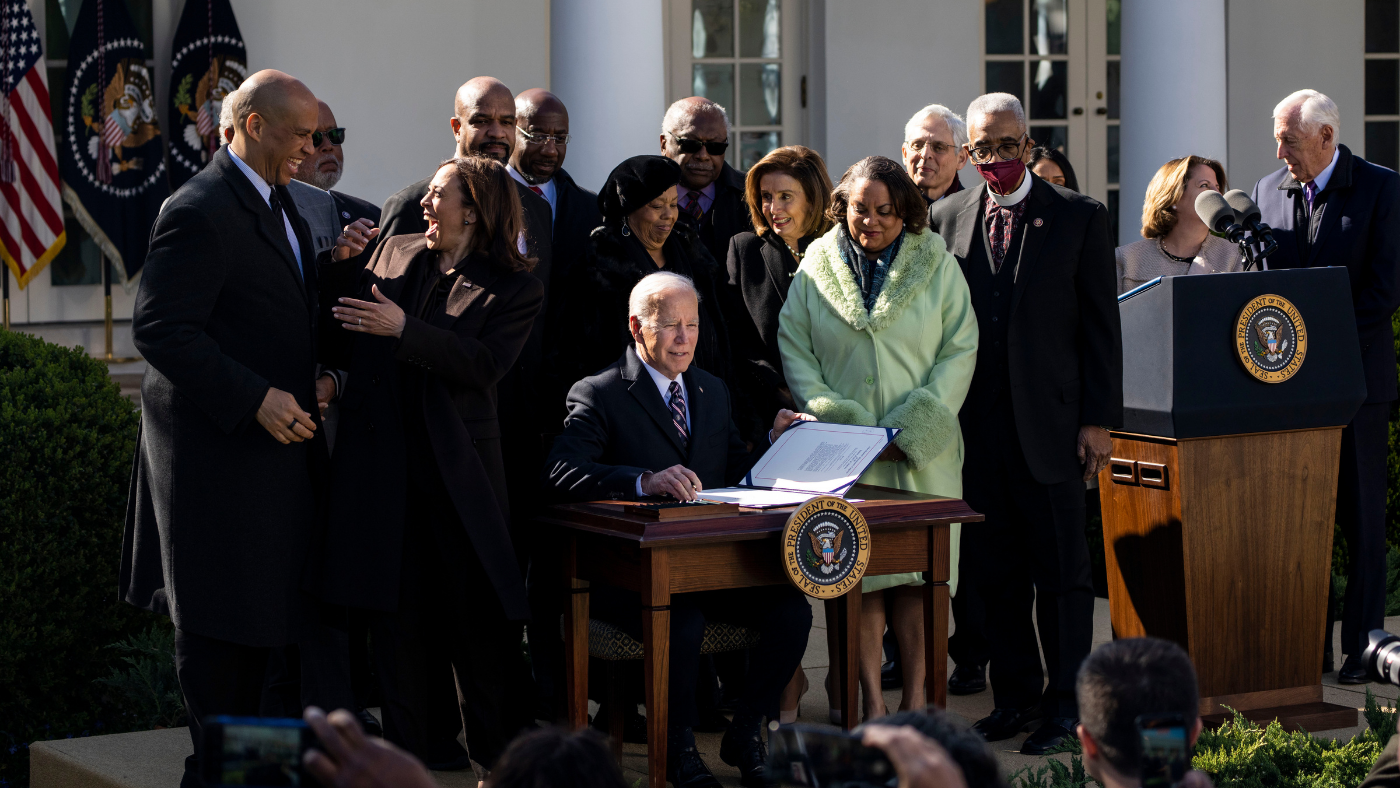
- 1. Yes, lynching is still a thing
- 2. Western sanctions on Russia: developing countries won’t back measures that leave them hungry
- 3. Charging for Covid tests in England just as infections surge? This is an act of national self-sabotage
- 4. Many autistic people have had a lifetime of social distancing
- 5. Why does Netflix cancel so many shows?
A free daily email with the biggest news stories of the day – and the best features from TheWeek.com
You are now subscribed
Your newsletter sign-up was successful
1. Yes, lynching is still a thing
Charles M. Blow at The New York Times
on long-awaited legislation
“Lynching was never only about hanging,” writes Charles M. Blow at The New York Times. Emmett Till’s brutal murder in 1955 was “without question” a lynching, despite there being no mob or hanging. “There was a beating and shooting and heinous disposal of the body” (and the perpetrators “were acquitted of murder, by the way”). Lynching, says Blow, was “about a motive and means of injury and death, and lynchings have always needed specific legislation to make them punishable”. That has “finally” happened this week. On Tuesday, “after 100 years of failed efforts on the part of liberal legislators to get such provisions written into law”, Joe Biden signed the Emmett Till Anti-lynching Act. Now, the federal hate crime is punishable by up to 30 years in prison. “Some Americans continue to demonstrate a fundamental ignorance about lynching”, like Fox News’s Jesse Watters, who said “nobody has been lynched in America in decades” – a statement that is “patently false”, says Blow, who names Ahmaud Arbery, James Byrd Jr and George Floyd. Blow also wishes “lynching was only an ugly feature of America’s past, but sadly that simply isn’t the case”.
The Week
Escape your echo chamber. Get the facts behind the news, plus analysis from multiple perspectives.

Sign up for The Week's Free Newsletters
From our morning news briefing to a weekly Good News Newsletter, get the best of The Week delivered directly to your inbox.
From our morning news briefing to a weekly Good News Newsletter, get the best of The Week delivered directly to your inbox.
2. Western sanctions on Russia: developing countries won’t back measures that leave them hungry
Zhou Xiaoming at the South China Morning Post
on a clash of interests
“Not a single country in the entire African continent, Middle East or Latin America has toed the US line” and imposed sanctions against Russia, writes Zhou Xiaoming at the South China Morning Post. “Is it again a case of the West versus the rest?” Moscow’s invasion of Ukraine “is far from popular among nations in the world. Yet at the same time, US-led sanctions” have “equally not gone down well with developing countries”. More than 150 United Nations member states “decided not to follow the US’ lead”. Claiming “that the West’s sanctions represent the will of the international community is therefore neither accurate nor factual”. Explanations vary from “Moscow’s influence in the global South to the inability of some poor countries to punish Russia economically”. And a “little mentioned” but “crucial factor” is that Western sanctions “clash with the interests of the developing world”. They “wreak economic devastation and human misery upon the countries at the receiving end, as demonstrated in Syria and Afghanistan”. And they are “exacerbating pandemic-induced global supply chain disruptions, creating a potentially bigger crisis than the Russian-Ukraine conflict”.
A free daily email with the biggest news stories of the day – and the best features from TheWeek.com
3. Charging for Covid tests in England just as infections surge? This is an act of national self-sabotage
Frances Ryan at The Guardian
on ‘a perfect storm for illness’
From tomorrow, the government will end the provision of free lateral flow and PCR tests for most people in England. “They call it April Fools’ Day for a reason,” writes Frances Ryan at The Guardian. “By ending free testing just as coronavirus infection rates soar – and a cost of living crisis leaves people without spare cash – the government is creating a perfect storm for illness.” Many members of the public “will now be in the dark as to whether they have the virus” – but “the public health messaging is clear enough: don’t worry about Covid any more, but if you insist on bothering, you can pay for a test yourself”. Scientists have warned that ending free testing may lead to “increased infection rates, extra pressure on an already struggling NHS, more people getting long Covid, delays in detecting variants”. From the beginning of the pandemic, “there have been voices seeking to downplay the threat of the virus to falsely suggest that protective measures are both restrictive and unnecessary”. And “in many ways, the end of free testing is the ultimate example of this narrative”, says Ryan.
4. Many autistic people have had a lifetime of social distancing
Rob Holland at The Scotsman
on a new normal
Many people in Scotland “are looking forward to returning to a life of relative normality” as legal Covid restrictions are soon to end, writes Rob Holland, acting director of the National Autistic Society Scotland, at The Scotsman. But “for many autistic people… numerous restrictions will still remain, and they will struggle to achieve the life they desire”. Research by the society reveals that two-thirds of autistic people in Scotland “felt socially isolated” even “before social distancing was introduced” during the pandemic. While “society has had two years of social distancing – many autistic people have had a lifetime of it”. During the pandemic, the organisation “heard daily from families struggling to support autistic children… struggling to cope with a situation they don’t always understand”. And adults shared their experience of “mental health difficulties and high levels of anxiety”. Yes, Covid “exacerbated things”, but these issues existed “long before the word coronavirus entered the public lexicon”. The organisation has been celebrating World Autism Acceptance Week and hopes others are too. “Let’s not just return to the status quo for autistic people in Scotland,” writes Holland. “Together, we need to create a new normal.”
5. Why does Netflix cancel so many shows?
Anna Nicolaou at The Financial Times
on ‘a ruthless algorithm’
“There are much, much bigger problems in the world, but I was still sad a few weeks ago when Netflix cancelled a TV show I liked,” writes Anna Nicolaou at the Financial Times. The news wasn’t “necessarily a surprise”. Netflix’s reputation in Hollywood has “somehow swung between ‘cash-machine handing out cheques for pretty much anything’ to ‘ruthless algorithm that cancels shows at whim’”. The Baby-Sitters Club was “the most recent victim”, and its creator, Rachel Shukert, “is publicly baffled by the decision”. She has “a lot of guesses why Neftlix killed her show”, but the fact she doesn’t know exactly why “speaks to a criticism of Netflix, and streaming more broadly”. With films and TV in the past, numbers were shared and “everyone knew” if something “was a hit or flop”. Netflix “has no financial incentive to release its trove of data”, so we only “find out what ‘failed’, in Netflix’s view,” by “what gets cancelled”. This all creates “an ephemeral nature to the platform” and “there has been a long-simmering frustration that Netflix is an opaque conveyor belt of content”.
-
 The Olympic timekeepers keeping the Games on track
The Olympic timekeepers keeping the Games on trackUnder the Radar Swiss watchmaking giant Omega has been at the finish line of every Olympic Games for nearly 100 years
-
 Will increasing tensions with Iran boil over into war?
Will increasing tensions with Iran boil over into war?Today’s Big Question President Donald Trump has recently been threatening the country
-
 Corruption: The spy sheikh and the president
Corruption: The spy sheikh and the presidentFeature Trump is at the center of another scandal
-
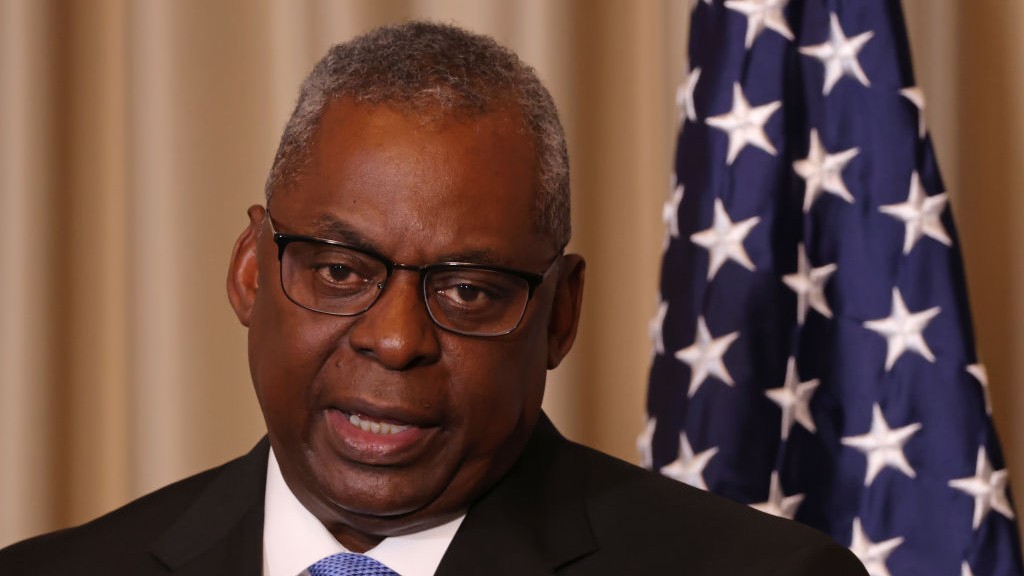 10 things you need to know today: January 7, 2024
10 things you need to know today: January 7, 2024Daily Briefing White House reportedly left unaware of defense secretary’s hospitalization, Biden to deliver State of the Union address on March 7, and more
-
 10 things you need to know today: September 5, 2023
10 things you need to know today: September 5, 2023Daily Briefing President Biden courts unions on Labor Day, thousands leave Burning Man after being trapped by desert mud, and more
-
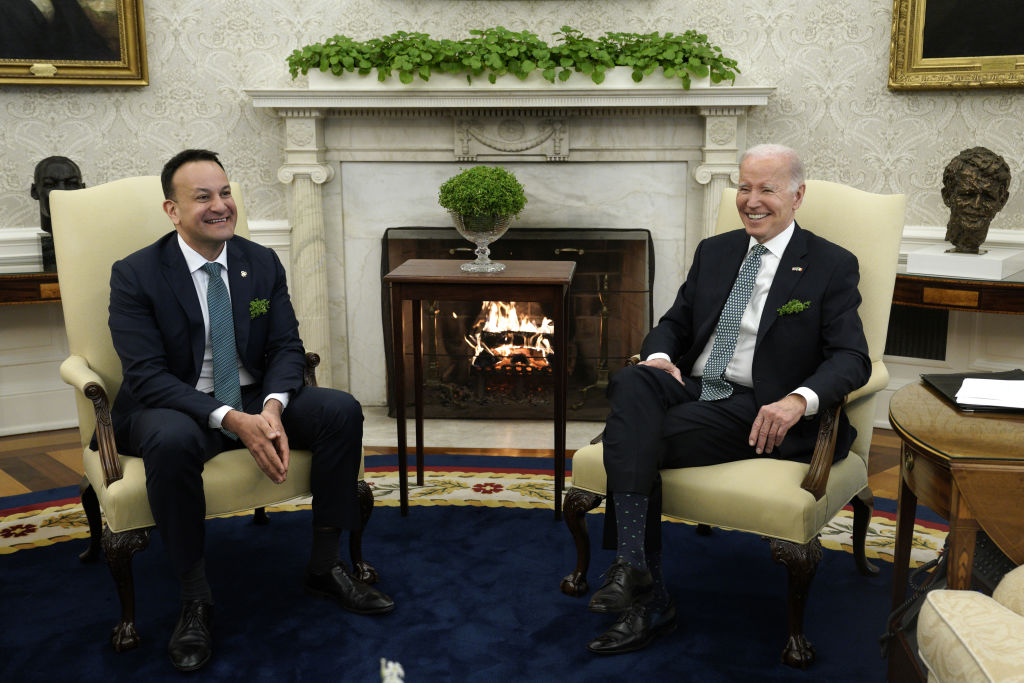 10 things you need to know today: March 18, 2023
10 things you need to know today: March 18, 2023Daily Briefing Trump says he expects to be arrested Tuesday in Manhattan, Biden hosts Irish Taoiseach at White House for St. Patrick’s Day, and more
-
 10 things you need to know today: February 11, 2023
10 things you need to know today: February 11, 2023Daily Briefing U.S. shoots down object flying off Alaska coast, Trump team has reportedly turned over more classified documents and laptop, and more
-
 Bursting Beijing’s balloon: what’s behind US response?
Bursting Beijing’s balloon: what’s behind US response?feature Incident triggered cancellation of US Secretary of State’s visit to China
-
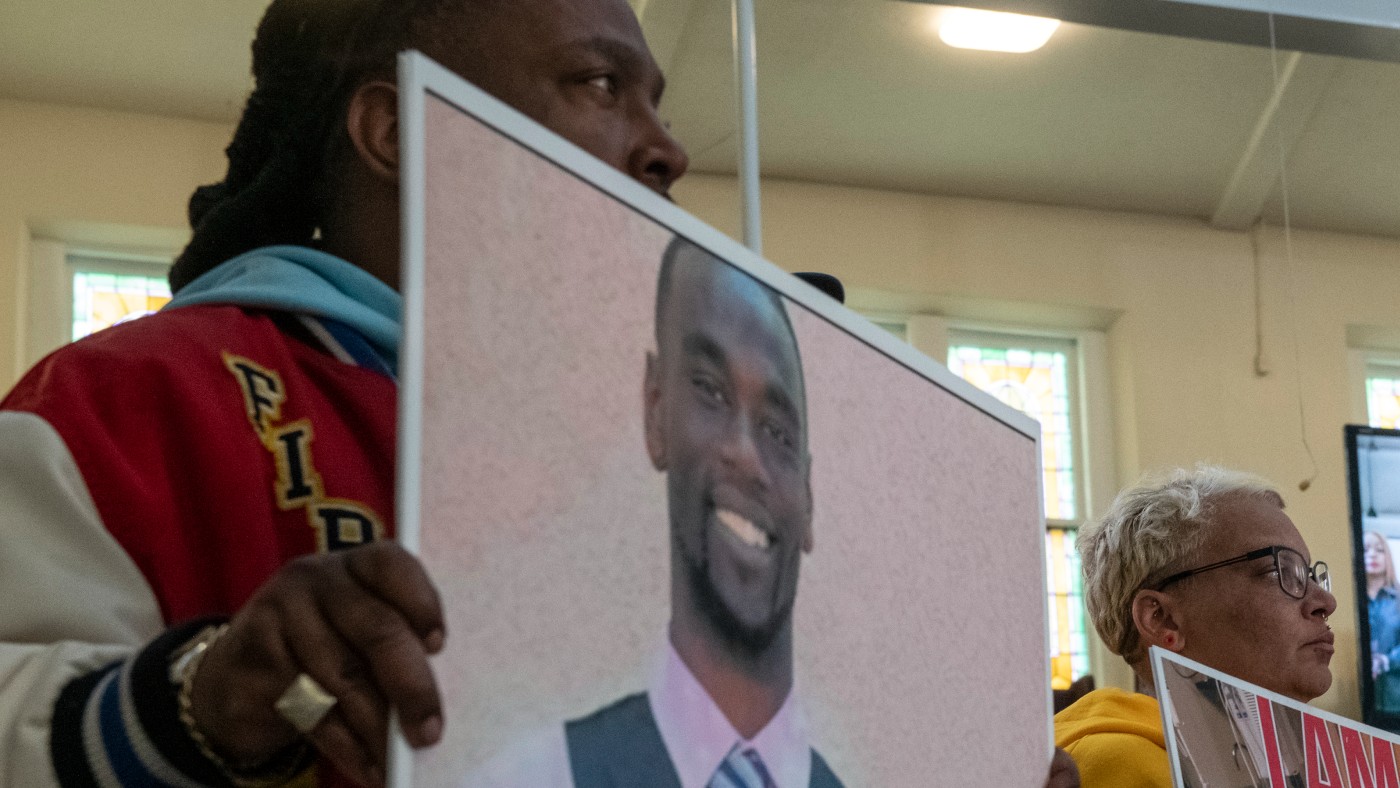 What happened to Tyre Nichols?
What happened to Tyre Nichols?Speed Read President Biden calls for ‘peaceful protest’ ahead of video release showing Memphis police officers fatally injuring 29-year-old
-
 10 things you need to know today: January 22, 2023
10 things you need to know today: January 22, 2023Daily Briefing 10 people killed during mass shooting in Los Angeles at Lunar New Year fest, FBI finds additional classified documents during search of Biden’s home, and more
-
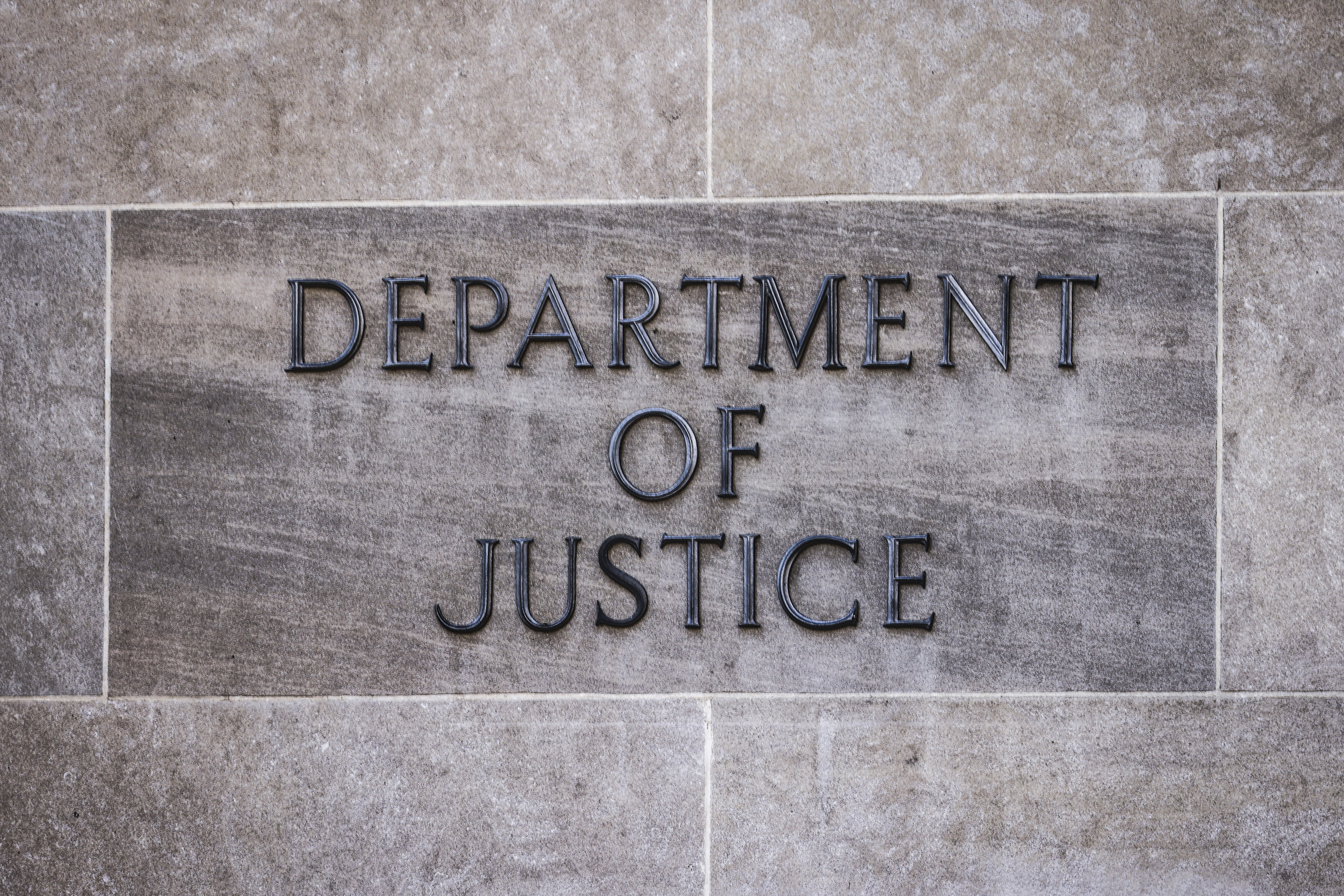 10 things you need to know today: January 21, 2023
10 things you need to know today: January 21, 2023Daily Briefing Justice Department tells GOP-led House it will not share info, Chris Hipkins to replace Jacinda Ardern as New Zealand prime minister, and more